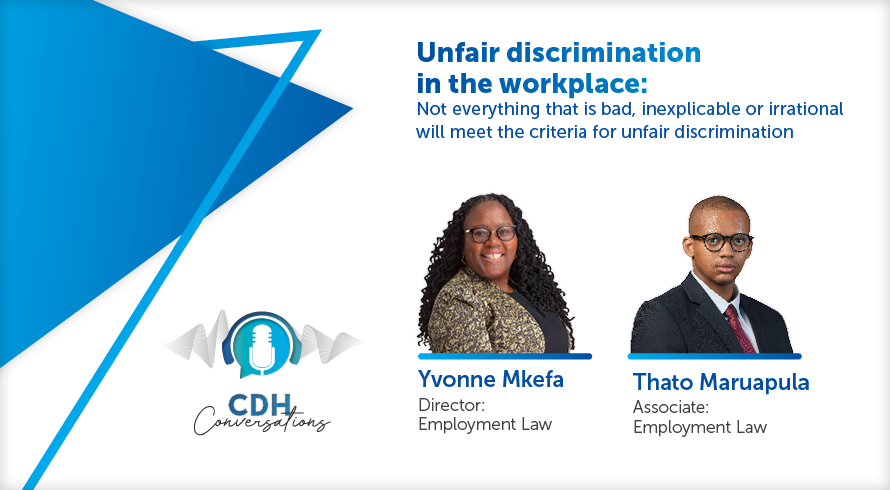Touch, pause, engage, but only once cleared…
It is imperative for the merging parties to remain and act like separate independent entities and continue, in the case of competitors, to compete ahead of receipt of competition clearance.
The Competition Act, No 89 of 1998 (Act) imposes a per se prohibition on competitors from reaching agreements with one another relating to, inter alia, price, trading terms and markets. And while a due diligence investigation is on its own unlikely to result in a per se contravention of competition law as this would require that an agreement be reached between the parties to fix prices, set trading terms or divide markets, the parties must be highly cautious and restrained in exchanging documents and information during the due diligence which may lead to a substantial lessening or prevention of competition.
Competitively sensitive non-public information and documents which should not be shared before competition clearance include:
- information related to current or future trading terms and prices in relation to the products and/or services offered by the respective parties. This includes price initiatives, targets, ranges, margins, recommendations, minimum prices, together with the proposed timing and/or amount of a price increase, as well as any element or component of a price such as discounts, rebates, commissions, formulas or transport charges;
- margin information by product or customer;
- information on customer strategies (whether specific or general), including information with respect to the sales volumes to customers;
- marketing, sales and pricing strategies. As a general rule of thumb, the parties should not engage in any discussions which may influence or impact on either of the parties’ respective business strategies going forward. Therefore any information or documents which increases transparency and reduces uncertainty regarding the future competitive moves of the other party should be off limits; and
- budgets and business plans.
Information which is in the public domain or which is generally known to others may be exchanged between the parties. Information pertaining to human resources, regulatory compliance, and projected profitability of the combined entity may also be exchanged.
As a final guideline, each of the parties should ask whether it would be willing to share such information with the other party during the ordinary course of business absent the proposed merger. If not, then the information should probably not be shared to avoid falling foul of the rules of pre-merger engagement.
The information and material published on this website is provided for general purposes only and does not constitute legal advice. We make every effort to ensure that the content is updated regularly and to offer the most current and accurate information. Please consult one of our lawyers on any specific legal problem or matter. We accept no responsibility for any loss or damage, whether direct or consequential, which may arise from reliance on the information contained in these pages. Please refer to our full terms and conditions. Copyright © 2026 Cliffe Dekker Hofmeyr. All rights reserved. For permission to reproduce an article or publication, please contact us cliffedekkerhofmeyr@cdhlegal.com.
Subscribe
We support our clients’ strategic and operational needs by offering innovative, integrated and high quality thought leadership. To stay up to date on the latest legal developments that may potentially impact your business, subscribe to our alerts, seminar and webinar invitations.
Subscribe




